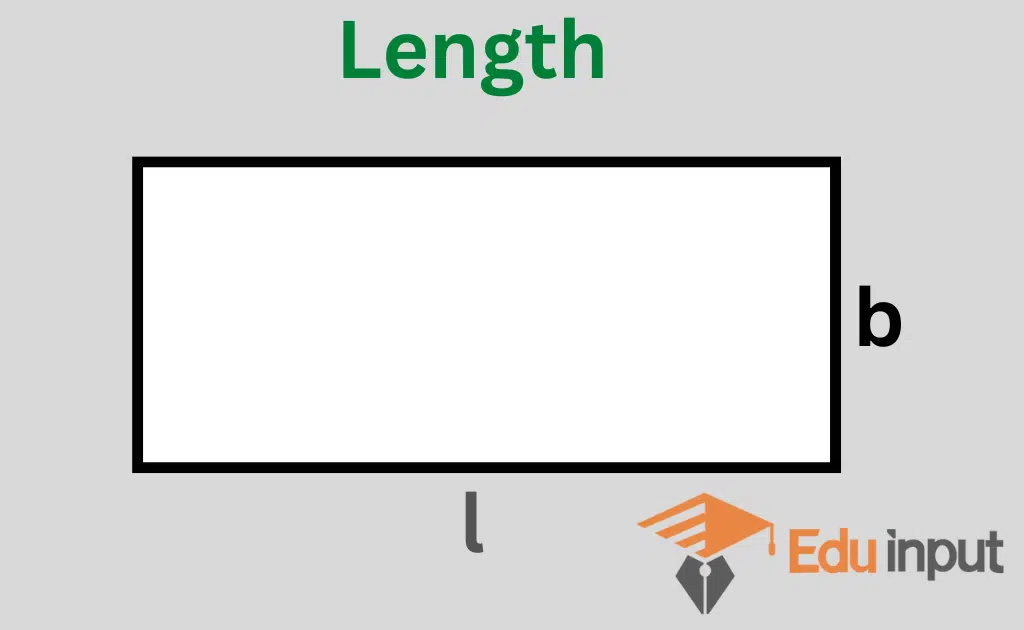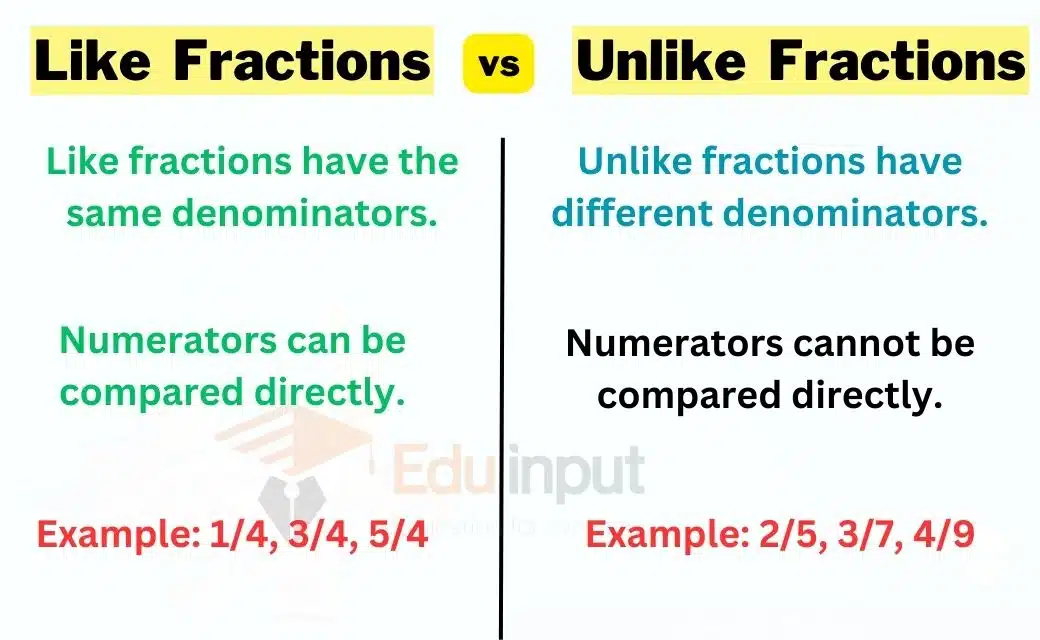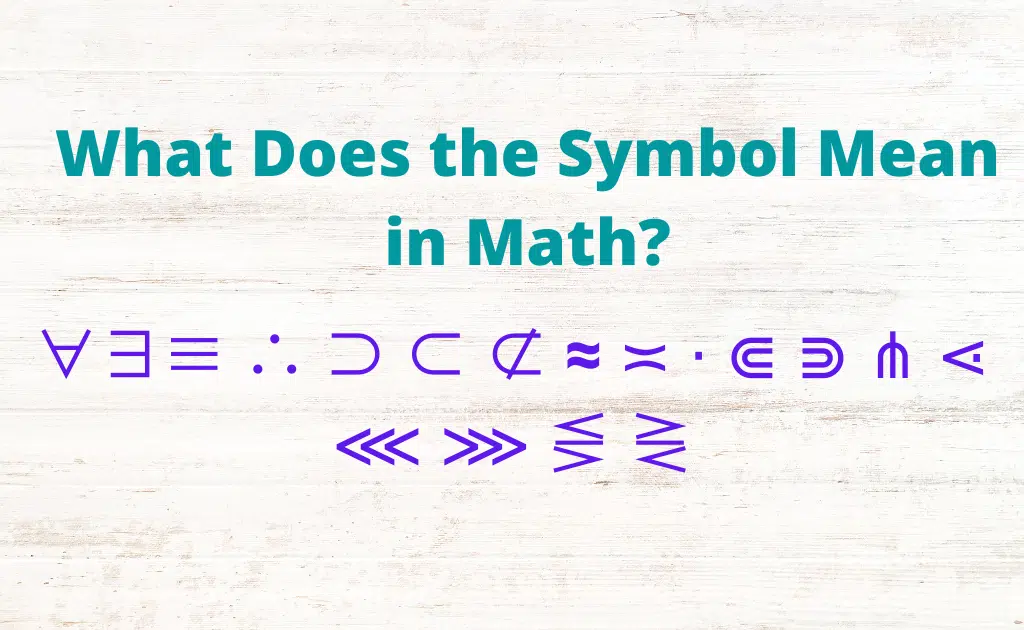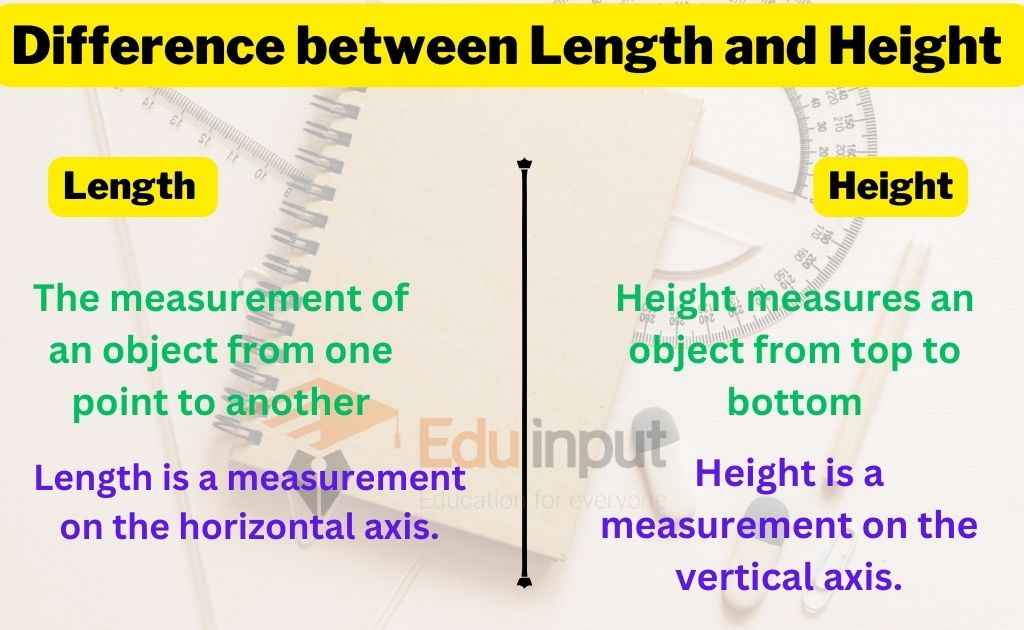Difference between Exponent and Power
Exponent and power are different because an exponent represents the number of times a base should be multiplied by itself in a mathematical notation, while power is a number expressed using an exponent.

What is Exponent?
An exponent is a mathematical notation that represents the number of times a base should be multiplied by itself. It is usually written as a superscript number on the right side of the base.
Example of Exponent
- In the expression 2^3, 2 is the base, and 3 is the exponent. It means that 2 should be multiplied by itself three times, resulting in the value of 8.
What is Power?
A power, on the other hand, is a number that is expressed using an exponent. It is the result of multiplying a base by itself multiple times, as specified by the exponent.
Example of Power
- In the expression 2^3, 8 is the power. It means that base 2 has been multiplied by itself three times, resulting in the power of 8.
Relationship between Exponents and Powers
Exponents and powers are closely related because they are used to represent the same mathematical operation of repeated multiplication. The exponent represents the number of times a base should be multiplied by itself, while the power is the result of that multiplication. For example, in the expression 2^3 = 8, 3 is the exponent, 2 is the base, and 8 is the power.
Difference between exponent and Power
The differences between exponent and Power are given below:
| Exponent | Power |
| A number that represents the number of times a base should be multiplied by itself | The result of that multiplication |
| Written as a superscript after the base | Written as a number or expression after the base |
| Example: 2^3 means 2 multiplied by itself 3 times | Example: 2³ means the result of 2 multiplied by itself 3 times |
| Used to simplify expressions and represent large or small numbers | Used to perform calculations and represent physical quantities |
| Can be negative or fractional | Can be positive or negative, but not fractional |







Leave a Reply